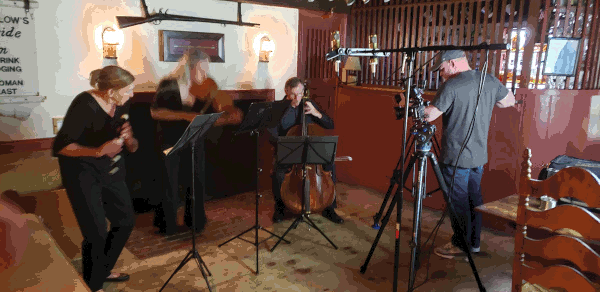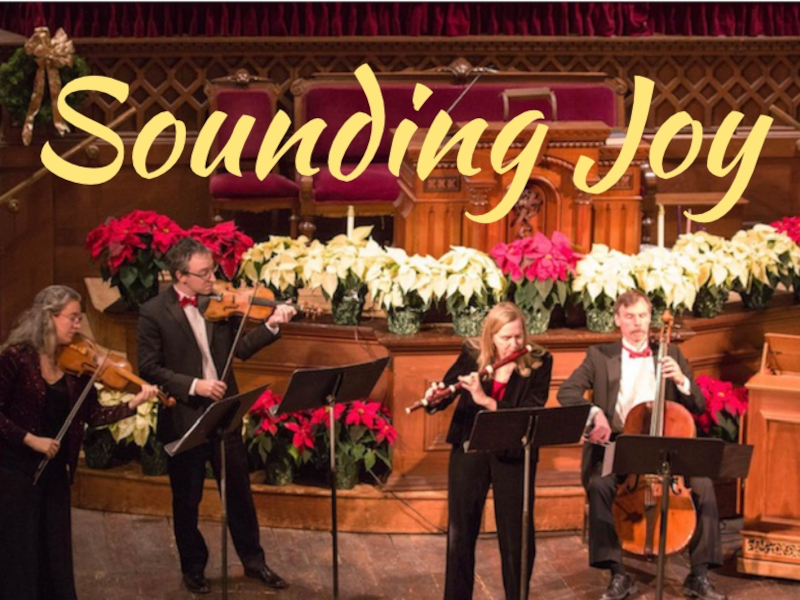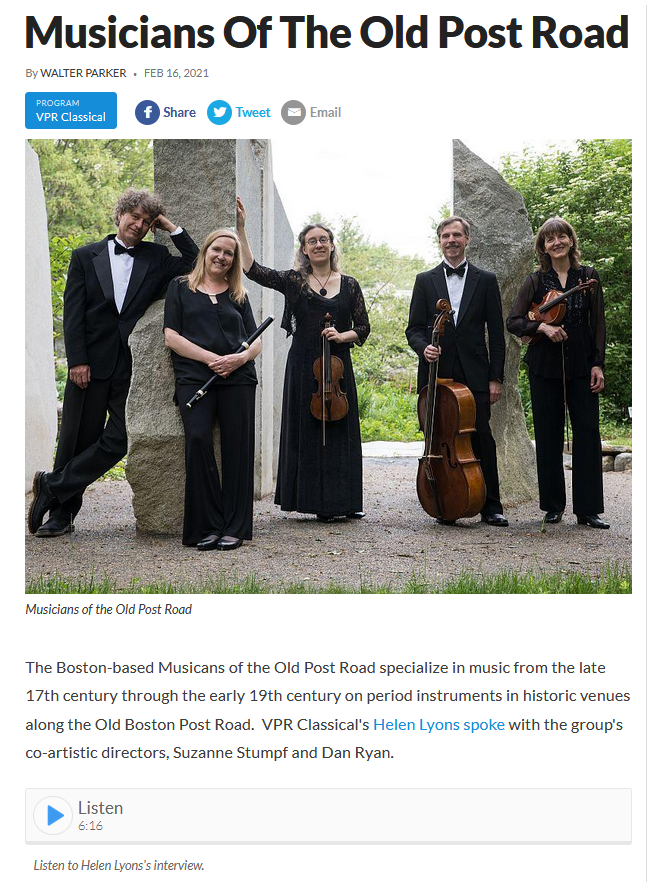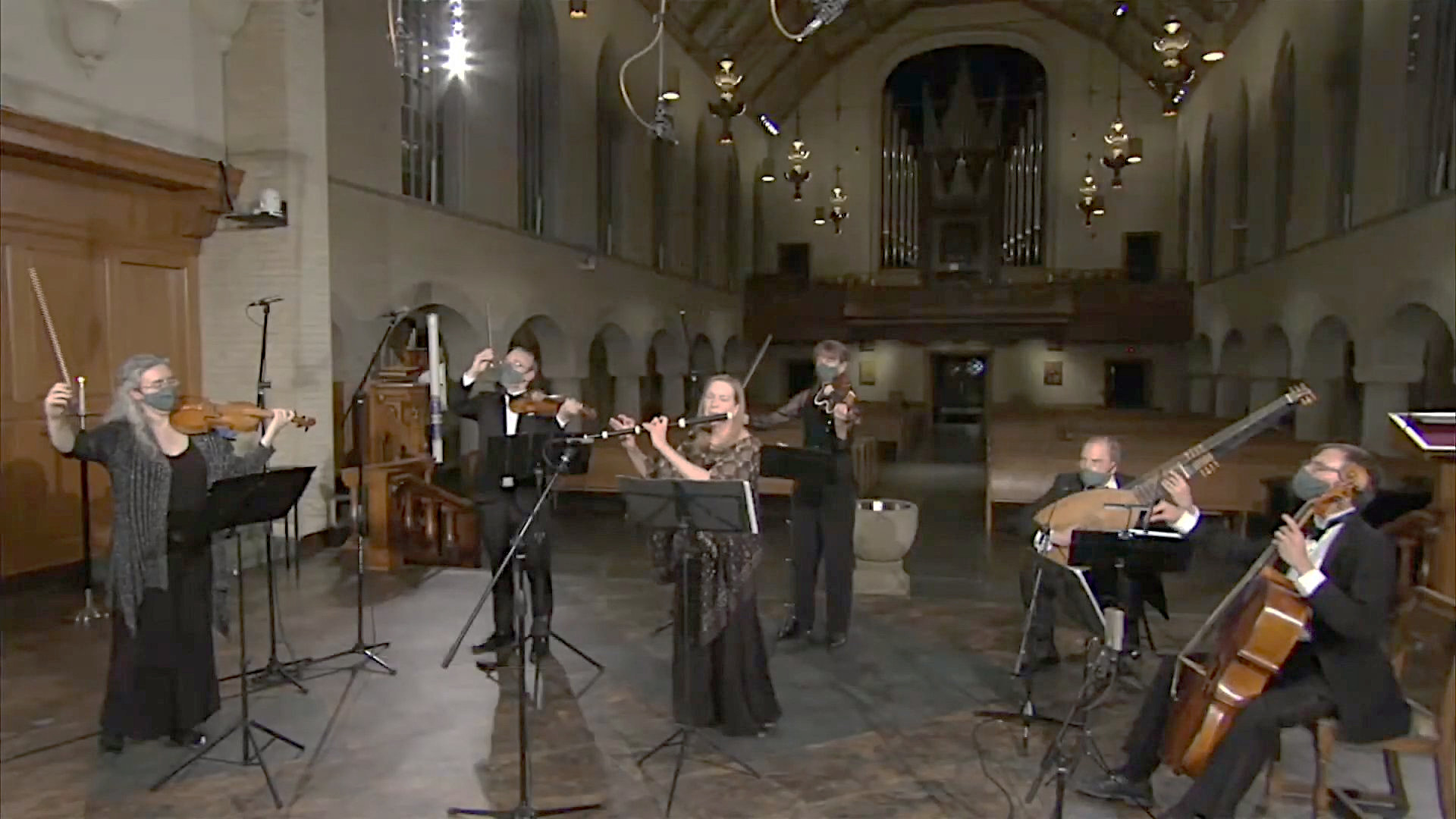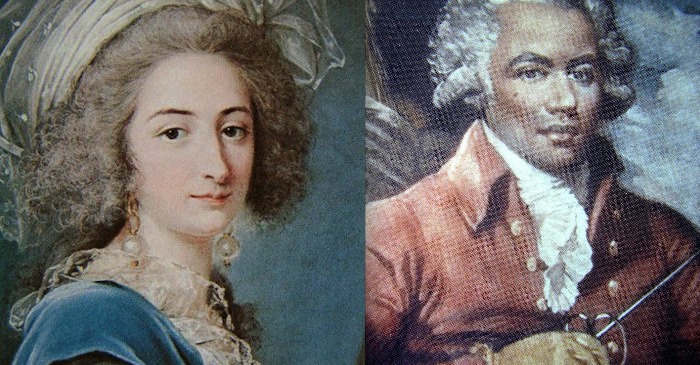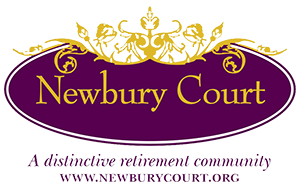 Musicians of the Old Post Road teamed up with the Sudbury Historical Society for the streamed “Sites and Sounds of Early Sudbury.” Their exploring the town’s historical sites and performing modern-day premieres of 18th-century works tied to Massachusetts and New England brought home music largely unheard. A dozen or so short tunes offered with a New England purity in a vivid historical context found authentic meaning. Co-Artistic Directors Suzanne Stumpf and Daniel Ryan made good use of the streaming medium. Fine, even audio, whether indoors or outside of the different locations, surprised. While the tunes found a home, too many dates and details in the narrative dizzied.
Musicians of the Old Post Road teamed up with the Sudbury Historical Society for the streamed “Sites and Sounds of Early Sudbury.” Their exploring the town’s historical sites and performing modern-day premieres of 18th-century works tied to Massachusetts and New England brought home music largely unheard. A dozen or so short tunes offered with a New England purity in a vivid historical context found authentic meaning. Co-Artistic Directors Suzanne Stumpf and Daniel Ryan made good use of the streaming medium. Fine, even audio, whether indoors or outside of the different locations, surprised. While the tunes found a home, too many dates and details in the narrative dizzied.
First stop was the Rice Tavern site where only parts of the foundation remain. “Scotch Cap,” heard throughout the English colonies, had special guest Vincent Canciello perched on old stones with fife in hand. His sonorous gently lilting refrains, birdlike amidst the trees, enlightened.
The Loring Parsonage is the new home of the Sudbury Historical Society. In Handel’s Water Piece, arranged by Samuel Holyoke from the North Shore of Massachusetts and New Hamphire, Stumpf (flute), Ryan (church bass), and Darling (violin) played the upbeat arrangement in front of a fireplace lending warmth to the past.
William Shield’s Air in Rosina, also arranged by Holyoke, rocked sweetly by the trio, then half cadences with silences broke into the refrains. “Perfect for the parsonage,” “Go to the Devil and Shake Yourself,” from the Framingham Singing Society manuscript, danced brightly in gigue style.
 On to the Revolutionary War Cemetery for Death of General Wolfe. Vincent Canciello stood in costume of the time. The mournful melody from his fife wafting among the gravestones touched deeply. Off to the Old Burial Ground on the west side of the river with the oldest gravestone, and in the background cars and trucks motoring by! “Coryon’s Ghost” (Framingham Singing Society) from Stumpf and Ryan also affected.
On to the Revolutionary War Cemetery for Death of General Wolfe. Vincent Canciello stood in costume of the time. The mournful melody from his fife wafting among the gravestones touched deeply. Off to the Old Burial Ground on the west side of the river with the oldest gravestone, and in the background cars and trucks motoring by! “Coryon’s Ghost” (Framingham Singing Society) from Stumpf and Ryan also affected.
The flute pair of Stumpf and Canciello softened sad synchrony in Shield’s “When the Rosy morn,” this, against the background of the Hearse House’s plain exterior.
“Stray animals were a problem to farmers,” thus the Town Pound and “Hunt the Squirrel,” a Scottish tune with that rhythmic snap. Suddenly appearing in the pound made of stone walls topped with chestnut sill, Darling, then Ryan, gigue-d away.
Next, the Hosmer House, located in the center of town. The Musicians of the Old Post Road played in its famous upstairs ballroom with a keyboard and paintings by Hosmer. “Washington Minuet and Gavotte,” by French-born American dancing master Pierre Landrin Duport, who worked in Boston, naturally felt at home. Jeremy Irons joined in with the others, emphasizing civility, excluding anything adventurous.
The beautiful First Parish, where these musicians have performed for many years, became the venue for Shepherds, Rejoice by Isaac Lane, who worked in and around Bedford, MA. They stood before an 1899 pump organ in history discussion. “We like this instrument very much.” Also accompanying the singing was a church bass, a bit bigger than the cello. The flute and string trio pronounced the mixed-tempo Christmas anthem in front of the plain pulpit. Some stateliness and a blink-of-an-eye bass cello figuration shifted the program toward complexity.
The remains of the Rice Tavern offerd the site for Oliver Shaw’s arrangement Mr. Augustus. The flute and string duo returned to the forest, some sky and sunlight. The music’s ballroom gestures could not summon, even faintly, a ghost of a tavern in this wooded landscape.
 Going now to the pub side of the Wayside Inn for J.C. Pepusch’s Overture and Air from The Beggar’s Opera, its tunes appeared in many contemporary American manuscript sources. Darling recited Longfellow. Video panned the inn’s Longfellow signage. The trio energized the streaming see-and-hear outing. Robustness, sweeping melodic curves, dance flavoring, fashioned trills, a surprising false ending, were all balanced with ensemble precision. Nothing exaggerated, though; all musicians played with refinement as in American purity and simplicity.
Going now to the pub side of the Wayside Inn for J.C. Pepusch’s Overture and Air from The Beggar’s Opera, its tunes appeared in many contemporary American manuscript sources. Darling recited Longfellow. Video panned the inn’s Longfellow signage. The trio energized the streaming see-and-hear outing. Robustness, sweeping melodic curves, dance flavoring, fashioned trills, a surprising false ending, were all balanced with ensemble precision. Nothing exaggerated, though; all musicians played with refinement as in American purity and simplicity.
Oliver Shaw’s sendup of John Stanford Smith’s Adams and Liberty comes out of the collection, The American Musical Miscellany, Northampton, MA. This old English tune, surviving a plentiful history, made the closer. It later transformed itself into the first political campaign song in this country and, subsequently, our first national anthem. What an exuberant, inspiring finale from loyal Musicians of the Old Post Road on their traversi, fifes, church bass, and violin remakes.
The show continues to stream HERE.

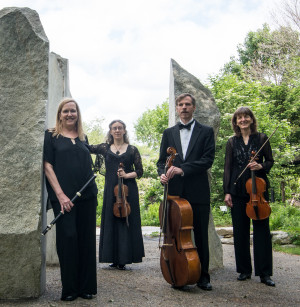
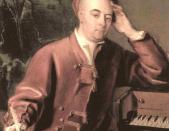
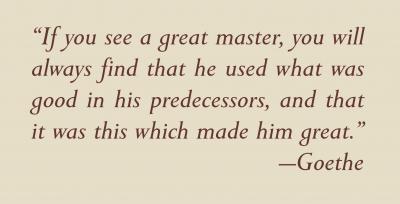
 Earth’s miraculous serendipity of a cooperative and perfectly distanced sun, a magnetic field, generous availability of water, and a moon that stabilizes earth’s wobble has given us the gift of habitat and life - for humans and an incredibly diverse plant and animal world, all intertwined and surviving in delicate, fragile balance. As gardeners, foragers, and birdwatchers, we are in reverent awe of the rhythms, pulsing, and songs of our planet.
Earth’s miraculous serendipity of a cooperative and perfectly distanced sun, a magnetic field, generous availability of water, and a moon that stabilizes earth’s wobble has given us the gift of habitat and life - for humans and an incredibly diverse plant and animal world, all intertwined and surviving in delicate, fragile balance. As gardeners, foragers, and birdwatchers, we are in reverent awe of the rhythms, pulsing, and songs of our planet.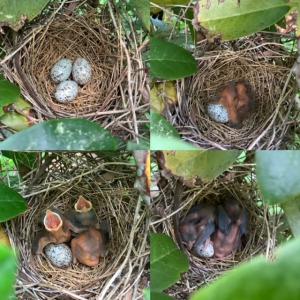 Our
Our 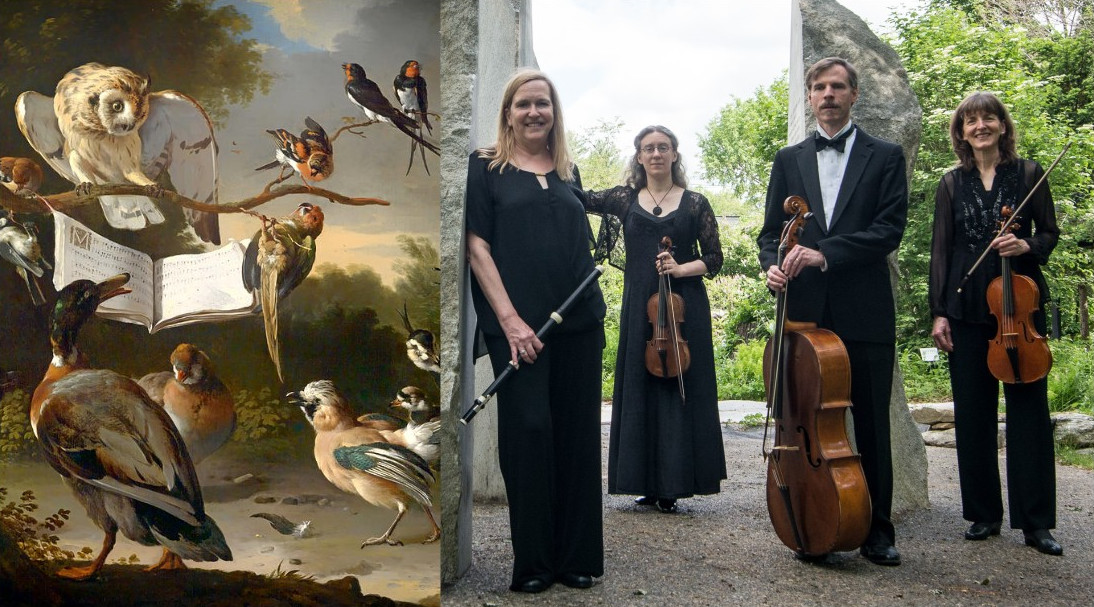 ganizations stewarding our planet internationally. If you don’t mind, please tell them we sent you!
ganizations stewarding our planet internationally. If you don’t mind, please tell them we sent you!